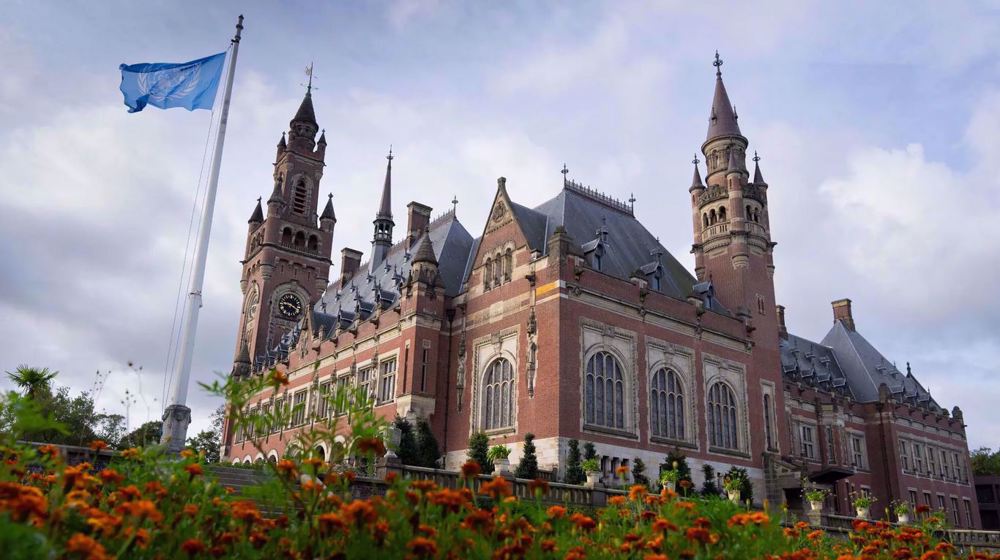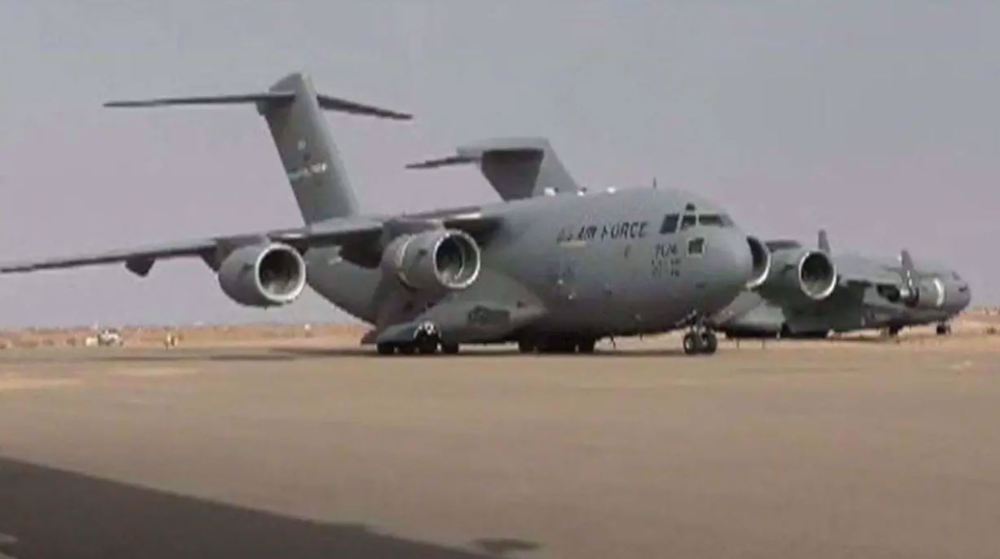South Sudan fighting prompts harsh UN reaction
The United Nations (UN) has harshly criticized the deteriorating humanitarian situation in South Sudan, saying that escalated fighting in the country has led to a series of “shameful” rights abuses.
United Nations (UN) High Commissioner for Human Rights Zeid Ra’ad Zeid Al Hussein denounced on Friday the abuses of rights and lack of justice and accountability in South Sudan, where civilians are being killed in retaliatory attacks between two warring sides.
“For more than 17 months, women, men and children have been senselessly suffering through an entirely man-made catastrophe, living in the most inhumane conditions,” Zeid said, adding that the surge of violent attacks has forced a new exodus of displaced people into the UN-hosted camps across the country.
The warning came as fighting escalated around the oil town of Melut, where government forces carried out air and ground attacks to repel rebels from the key area in the Upper Nile State.
South Sudanese state TV showed videos of government tanks and helicopter gunships attacking the rebels in Melut on Friday.
According to reports, the operation, which is believed to be supported by the Ugandan army, has led to the withdrawal of rebels from the key oil town.
Zaid lamented that around two million south Sudanese have been “robbed of their homes, their livelihoods, their security, having lost family members to death and forced recruitment,” bashing the opposite sides for making “a terrible situation much, much worse.”

The violence flared up in South Sudan in December 2013, when President Salva Kiir accused current rebel leader and former Vice President Riek Machar of orchestrating a coup. An all-out civil war was triggered across the country, with rebels and government forces launching back-to-back retaliatory attacks in the towns and villages they deemed were associated with their opponents.
According to the UN and other aid organizations, more than 65,000 people have been cut off from aid in the wake of a new wave of violence as gunmen continue to torch towns and loot relief supplies.
The escalation in violence came after the government started its heaviest offensive in late April. Rebels hit back by launching a series of counter-attacks, with the most notable being the assault on Malakal, the state capital of Upper Nile and a gateway to the remaining oil fields in north of the country.
Zeid, the UN rights chief, also criticized the warring sides for undermining their successive commitments to end the hostilities, calling it “a shameful lack of justice and accountability.”
“Such persistent impunity has left many with unresolved grievances that are easily mobilized for renewed violence and revenge attacks,” he warned, adding, “The fight against such impunity must be a priority if any peace in South Sudan is to hold.”
Doctors Without Borders, also known as MSF, its French abbreviation, has warned about the escalation of violence against civilians in the three states of Unity, Upper Nile and Jonglei.
The humanitarian agency has reportedly abandoned its hospital in Leer, a town in Unity State, pulling back into UN camps in Malakal and Melut.
Paul Critchley, the head of the MSF mission in South Sudan, said the town of New Fangak in Jonglei “had effectively been destroyed, with trees and homes burnt to the ground and school buildings flattened,” adding that the city’s hospital, one of the main health facilities in the northern part of the state, had been demolished.

Many expect that weather changes could also alter the situation on the ground as roads may become impassable and fighting may be be stopped if it rains in the coming days.
Critchley said, however, that rains could not alleviate the suffering of the terrified and starving civilians caught in the fighting. “You can’t eat the rain,” he said.
Later in the day, Amnesty International also reported some documented case of extreme violence.
“Interviewees gave chilling accounts of the government forces setting entire villages on fire, killing and beating residents, looting livestock and other property, committing acts of sexual violence and abducting women and children,” Amnesty said in a statement on Friday.
MS/HSN/HJL
VIDEO | Jordanians continue rallies to denounce Israeli genocide in Gaza, Lebanon
6 Israeli soldiers commit suicide: Reports
Diplomat discourages recourse to pressure, intimidation, confrontation against Iran
UN: 2024 deadliest year for aid workers amid genocide in Gaza
Gaza health official warns of hospital shutdowns within 48 hours
Israel kills 5 more paramedics in southern Lebanon: Health ministry
Iran to launch ‘new, advanced’ centrifuges in response to IAEA resolution: AEOI
Yemen fires hypersonic missile at Israeli airbase










 This makes it easy to access the Press TV website
This makes it easy to access the Press TV website